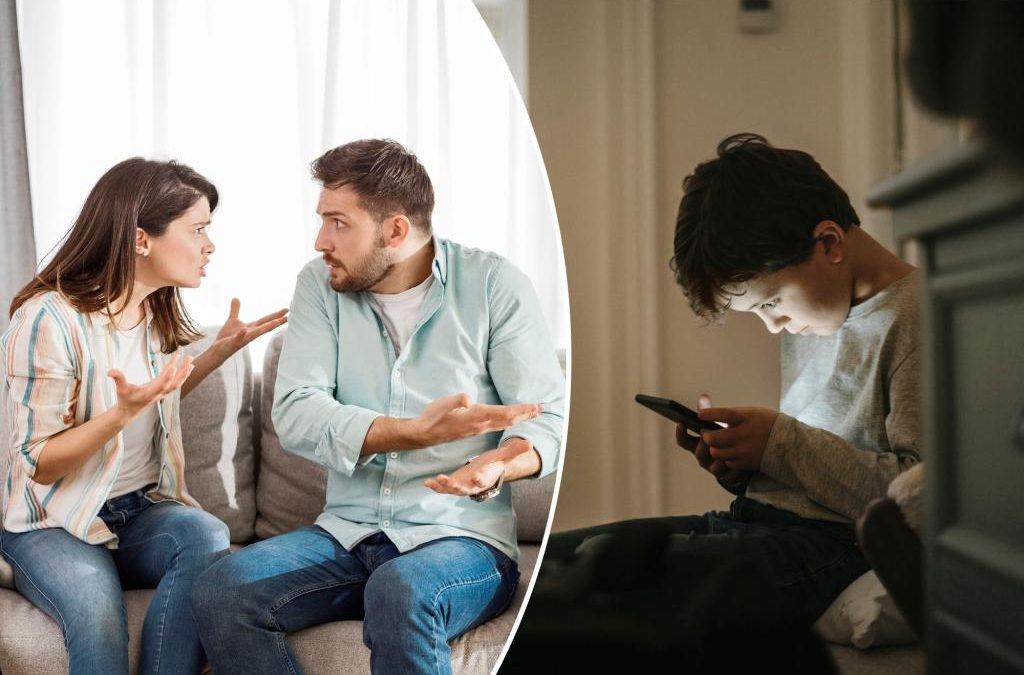It’s a smartphone generation — of parents.
A study has found that nearly half of all parents — 43% — have “no idea” how people raised children before everyone had a smartphone.
The research also revealed that moms and dads regularly use smartphones to shop for their kids and use them up to 77 times a week to search for advice, and 61% say it’s the most helpful tool when raising their children.
The UK-based study, via OnePoll.com in collaboration with phone company Three UK, surveyed 1,000 respondents with children aged 6 and under.
With the ability to search on your device comes more data, too, as 34% admitted they’ve had to increase their data for their extra phone use, with most parents still exceeding their data limit by five gigabytes a month.
“We know the important role phones play in people’s lives. As the research shows, this role becomes even more important after you’ve had a child — your phone becomes a critical addition to your family,” Aislinn O’Connor, at Three UK, said of the study results. “Playing the role of entertainer, doctor, connector and much more in everyday life.”
It’s not only parental worries chewing through data. The study noted that 36% of parents found downloading and streaming content for their kids was one of their biggest data drains, with an average of 12 hours streamed per week.
When parents were asked what they mostly use their devices for, 67% responded by saying they use them to take photos, 62% send WhatsApp messages, and 60% use them to keep an eye on the weather.

Three UK has also partnered with father and musician Professor Green to highlight the importance of being connected through your phone as a new parent.
“When I became a father, I found out that phones become your second or third pair of hands,” Green said. “They are an amazing source of information, advice and connect you to your support network your when you need it most.
“All the things you took for granted about your phone before, suddenly become a blessing as a parent,” Green pointed out. “That’s why it’s so important to help people that need to be connected, like new parents, get connected.”
Source




